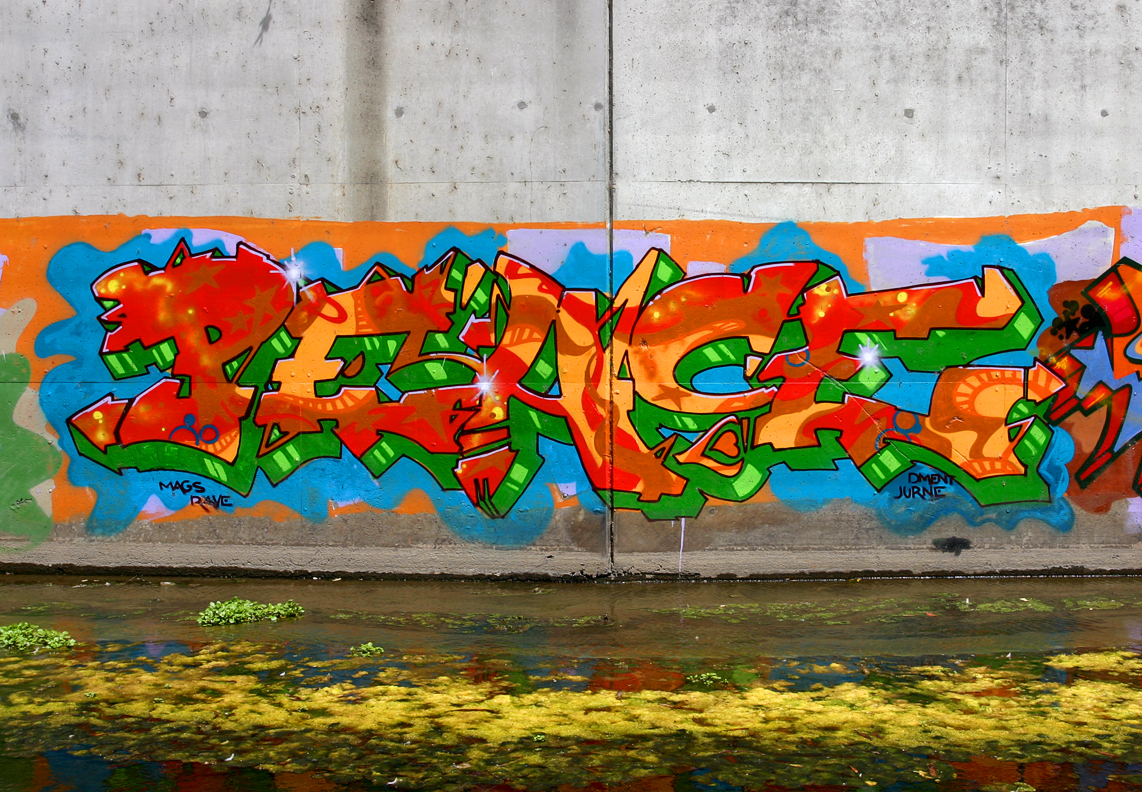Peacebuilding can only continue if those involved are able to spread information about what they are doing reliably and efficiently. This sometimes requires resources and training that are not easily available. Internews has worked in more than 90 countries to help train individuals in journalism and media coverage and provide solutions to problems that may arise in trying to disseminate news. With this in mind, Internews has helped support the creation of many media platforms, news sites, radio stations, and more. Additionally, Internews promotes fair media legislature and policies. This allows the news platforms that they help develop to operate with integrity and fulfill their functions.
In addition to supporting the creation of news and media platforms, Internews also researches and publishes best media practices, how media can affect peacebuilding, and more. One research project in collaboration with the World Bank Institute, the Media Map Project, seeks to understand the connections between the development of media and things like economic growth, gender equality, and other factors. The Media Map Project and other research is conducted under the Internews Center for Innovation and Learning, which is based in Washington, D.C. The Center for Innovation and Learning provides tools for communication, including free operating system software like Ubuntu.
For those interested in learning more about media development, the Center for Innovation and Learning produces blogs on the latest topics, ranging from the connections between Big Data and media to information ecosystems in Libera. To learn more about all of their projects, check out their website.
Source: Internews
Photo: Peace via Steve Rotman [Creative Commons Attribution-NonCommercial-NoDerivs]
